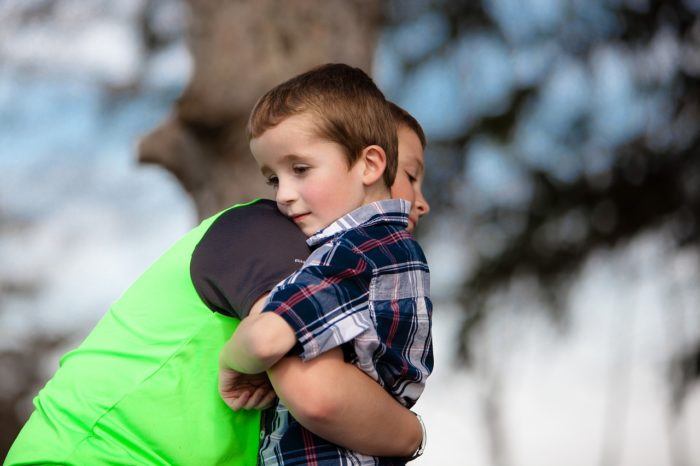Parenting Children With Special Needs During COVID-19
The pandemic has disrupted the lives of many families around the world. With the closure of schools and parents working from home, children with special needs often suffer. There are families with children who need special medical attention and the current situation has disrupted their lives. Maintaining previous routines has become a challenge and the uncertainty adds to the stress.

It is normal for parents and kids with special needs to feel anxious. But these families have a hidden strength and it is resilience. They know how to adapt and get used to the unexpected. If you are in this situation, remember that you can navigate through difficult times successfully. Here are a few suggestions.
Use your experience
Different strategies may have worked for you in the past. You need to think about them and go back to the basics. It includes maintaining a schedule for meals, exercise, medication, and bedtime, scheduling a family time that helps de-stress, offering praise for a task well done, and using visual cues to improve activities and schedules.
If you need to, educate yourself about the disability to make the journey for your child easier. According to the experts at CNLD Testing & Therapy, who offer educational advocacy in Michigan, it is important to understand what to do next after your child is diagnosed with a disability. In testing times like today, having personalized solutions from experienced educational advocates can make a huge difference.
Help your child understand the situation
You must explain the current situation to your child and show them that everyone is working together to keep the virus at bay. It will keep them away from anxiety. Tell them why schools and parks are closed. Your kids need help and you can take small steps to make them feel in control.
Teach them to follow practices of washing hands with water and soap often, coughing or sneezing in tissue, and staying home as far as possible. You need to ensure that your kids avoid large groups of people and keep adequate distance between themselves and others when stepping out of the house.
Revisit the treatment plan
Your child’s treatment plan could include things like therapy instructions, prescription medicines, and emergency medical contacts. You need to ensure that it is updated and easily accessible. Having it in an electronic document will make it easier to share. You must also identify the potential caregivers if the child’s regular caregiver is not well.
Try to look for people who are not at the risk of being severely ill. Further, gather instructions for the caregivers including the details about your child’s schedule, preferences, medical conditions, and doctors.
Speak to the doctor about the plans for continued care in the pandemic. You may want to consider virtual meetings. Stock up on medication for at least one month and choose to use drive-thru and curbside pickup. Do not hesitate to call the doctor for specific health conditions and visit websites of organizations or support groups for information about the pandemic.
Handle stress
All of us feel stressed currently and it is normal. It is good to recognize that and be aware of the fact that the pandemic will not resolve overnight or go away soon. But you can manage stress so that it does not get too overwhelming. Remember to take breaks throughout the day and take out time for yourself. Whether it is early in the morning or before bedtime, just pause and reflect on your day. Gather the mental reserves and do some deep breathing.
Another way to handle stress is to limit access to news. A lot of information can lead to anxiety and increase stress about the disease. Cut down on reading or watching the news and limit the use of social media to keep away from false information. Your schedules might be off, but you must prioritize getting enough sleep and eating right. They will help reduce stress.
Stay connected with your near and dear ones through video chats. Having a family support network is the key coping strategy. You must share some relaxed moments with the family regularly. Try to play games with the kids, do DIY projects together, or simply sit back and enjoy movie nights with a bowl of popcorn.
In a pandemic, you need to learn to accept that things will not work out as planned and there is nothing you can do to control it. You or your child could make mistakes and that is okay. Stay positive and focus on the good things. Take one day at a time and be kind to yourself. Remember to make your child feel loved at all times. It is possible to successfully navigate through the pandemic if you take the right precautions and rely on your strengths. Bring out positivity and use strategies that have worked in the past. Plan for the child’s care and medical needs well in advance and take out time to manage stress. You and your child can handle this.
